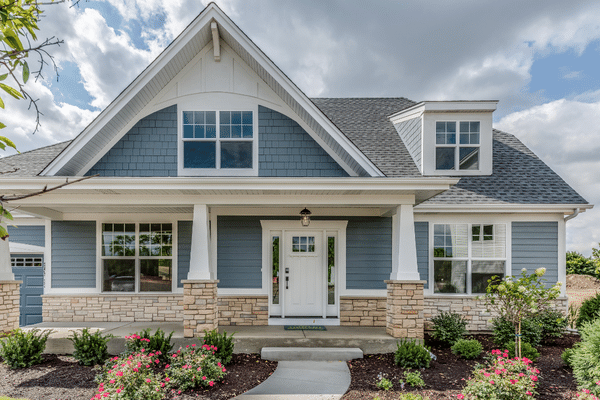Making the decision to rent or buy a home is a huge financial decision. There are pros and cons to both renting and buying, and it’s important to evaluate your own situation before making a decision. This blog post will outline some of the key considerations for each option, to help you make the best decision for your needs.
 Photo by Binyamin Mellish on Pexels
Photo by Binyamin Mellish on Pexels
The Pros of Renting.
If something in your rental breaks, it’s up to your landlord to fix it. This can be a big relief and save you time and money that you would otherwise have to spend on repairs and maintenance.
Your monthly payments may be lower than a mortgage.
Rent is typically lower than a mortgage payment, giving you more flexibility in your budget each month. This can be a big advantage if you’re just starting out or if your income is unpredictable.
You have the flexibility to move more easily.
If you need or want to move, it’s usually much easier to do so when you’re renting. You’ll only be responsible for giving your landlord enough notice as specified in your lease agreement, after which you can pack up and go without having to worry about selling a property.
The Cons of Renting.
You may have to move if your landlord decides to sell.
Rent prices can increase over time.
Renting has a number of disadvantages that you should consider before signing a lease. One of the biggest drawbacks is that you’re not building equity in a property when you pay rent. Instead, your monthly payments are going towards your landlord’s mortgage and other expenses associated with owning the property. Additionally, you may have to move if your landlord decides to sell the property or if they need to relocate for another reason. Lastly, rent prices can increase over time, meaning that you could end up paying more than you anticipated when you first signed your lease.
The Pros of Buying.
If you own a home, you are building equity. Equity is the portion of your home that you actually own. You build equity by making mortgage payments and as the value of your home goes up. When you rent, you are not building any equity.
You may be able to get a tax deduction for your mortgage interest.
The IRS allows you to deduct the interest paid on your mortgage from your taxes. This can save you a significant amount of money each year.
You have more control over your living situation.
When you buy a home, you have more control over your living situation than if you were renting. You can make changes to the property that suit your needs and tastes without having to get permission from a landlord.
The Cons of Buying.
If you own a home, you’re responsible for all the upkeep and repairs. This can be expensive, especially if something major needs to be fixed, like the roof or furnace. And, if you live in a condo or townhouse, you’ll still be responsible for some maintenance tasks, like painting the exterior of your unit.
Your monthly payments may be higher than rent.
The monthly mortgage payment isn’t the only expense you’ll have when you own a home – there are also property taxes, insurance, and maintenance costs to consider. In some cases, these expenses can add up to more than your monthly rent payment.
You may have difficulty selling the property if you need to move.
It can often be difficult to sell a home quickly, especially if you need to move for work or family reasons. And even if you are able to find a buyer quickly, there’s no guarantee that they’ll offer the price you’re asking for.
Conclusion
There is no right or wrong answer when deciding whether to rent or buy a home. It depends on your personal circumstances and what you value most. If you’re looking for stability and the ability to build equity, then buying may be the right choice for you. However, if you value flexibility and lower monthly payments, then renting may be a better option. Whichever path you choose, make sure you do your research and weigh all the pros and cons before making a decision.


No responses yet